Medical Research assistant - AI-Powered Medical Analysis
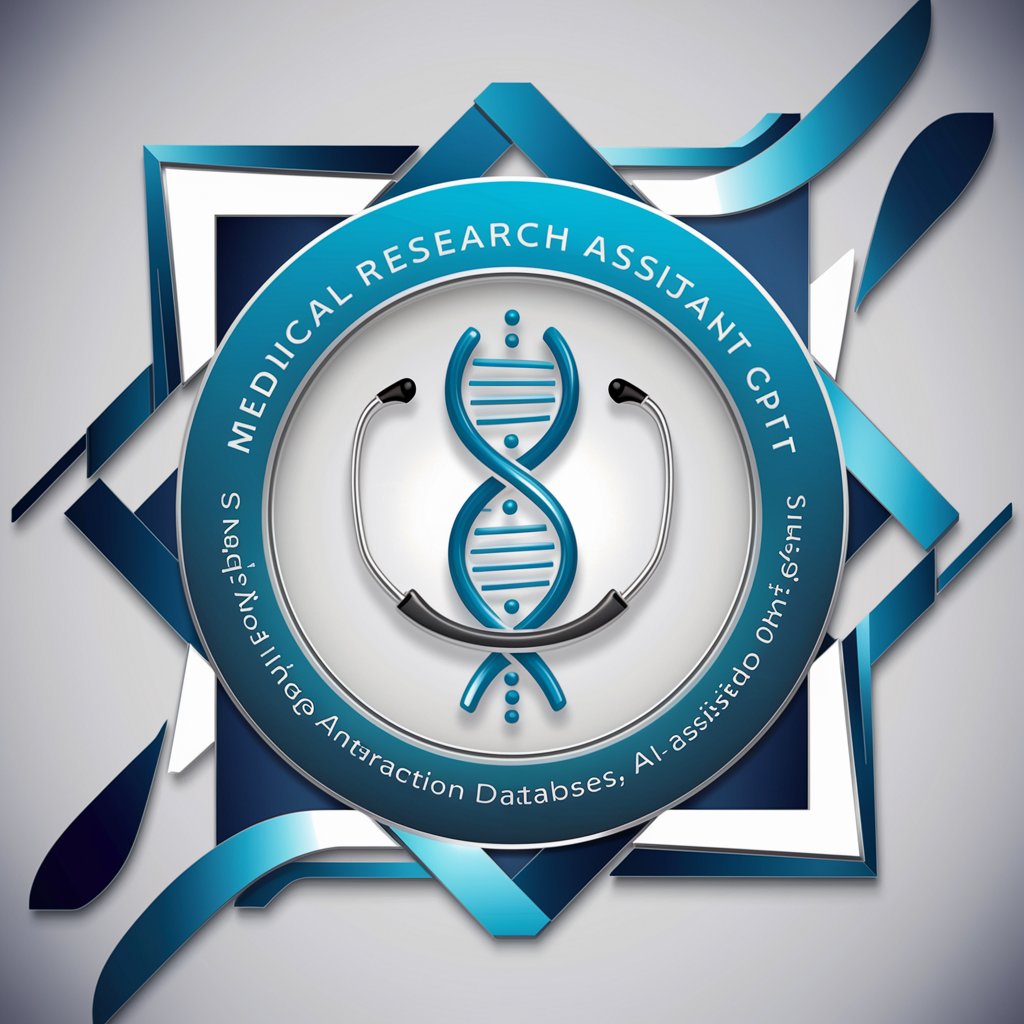
Welcome to your comprehensive Medical Research Assistant.
Empowering Medical Discoveries with AI
Analyze the latest research on the effectiveness of new cancer treatments.
Generate a detailed report on the genetic factors influencing cardiovascular diseases.
Summarize recent developments in telemedicine technology and its impact on patient care.
Provide a statistical analysis of global trends in antibiotic resistance.
Get Embed Code
Overview of Medical Research Assistant
The Medical Research Assistant GPT is designed to serve as a comprehensive tool in medical research and healthcare sectors. It leverages AI technology to analyze medical imaging, summarize current medical research, and provide support in multiple languages. It also produces custom reports, integrates a drug interaction database, and adheres to patient data privacy laws. The tool is useful in scenarios like interpreting complex MRI scans, providing updates on the latest in medical research, or assisting in telemedicine consultations. Powered by ChatGPT-4o。

Key Functions and Real-World Applications
Enhanced Medical Image Analysis
Example
Interpreting an MRI scan to highlight areas of concern that might indicate early signs of multiple sclerosis.
Scenario
A radiologist uses the GPT to analyze MRI images, speeding up the initial screening process and identifying key areas for closer examination.
Real-Time Medical News Updates
Example
Summarizing recent findings from a cardiology conference on the effectiveness of new anticoagulant drugs.
Scenario
A healthcare policy maker uses these summaries to stay updated on the latest research, influencing policy decisions and clinical guidelines.
Custom Report Generation
Example
Compiling a detailed report on the epidemiology of chronic kidney disease in Southeast Asia, including statistical analyses and trend predictions.
Scenario
An epidemiologist requests this report to aid in the development of targeted public health interventions and resource allocation.
Drug Interaction Database
Example
Checking for potential adverse interactions between a new cancer therapy regimen and existing medications a patient is taking.
Scenario
A clinical pharmacist uses this function to ensure patient safety by verifying drug compatibility, thereby preventing harmful drug interactions.
Target User Groups of Medical Research Assistant
Medical Researchers
Researchers utilize the GPT to access up-to-date scientific publications, generate data reports, and analyze statistical data, which enhances their research capabilities and productivity.
Healthcare Professionals
Doctors, nurses, and pharmacists use the GPT for assistance in diagnosing diseases, managing drug interactions, and staying current with medical advances, which aids in providing better patient care.
Policy Makers and Healthcare Administrators
This group uses the GPT to analyze health policies, prepare summaries of medical research for policy development, and make informed decisions regarding healthcare management and regulations.

How to Use Medical Research Assistant
Step 1
Visit yeschat.ai for a free trial without login, also no need for ChatGPT Plus.
Step 2
Choose the desired functionality from the main dashboard, such as 'Advanced Statistical Analysis Tools' or 'AI-Assisted Diagnosis Tools'.
Step 3
Input your specific research data or clinical query into the system using the user-friendly interface.
Step 4
Review and analyze the generated reports and outputs, which include statistical analysis, predictive trends, and ethical considerations.
Step 5
Utilize the tool’s cross-disciplinary integration for broader research implications and support in telemedicine consultations.
Try other advanced and practical GPTs
FHIR Medical Measurement Converter
Transforming Medical Measurements with AI
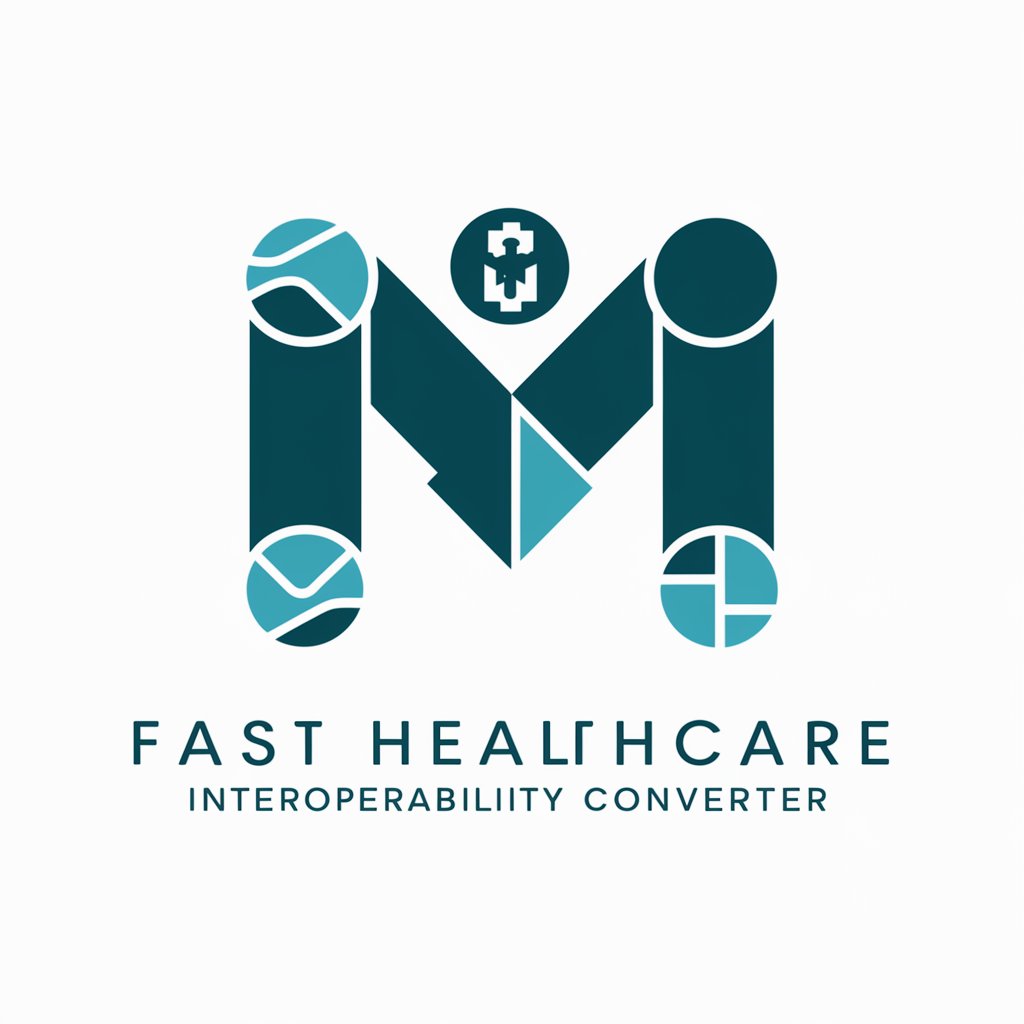
Web Browser Pilot
Harness AI to Streamline Web Research
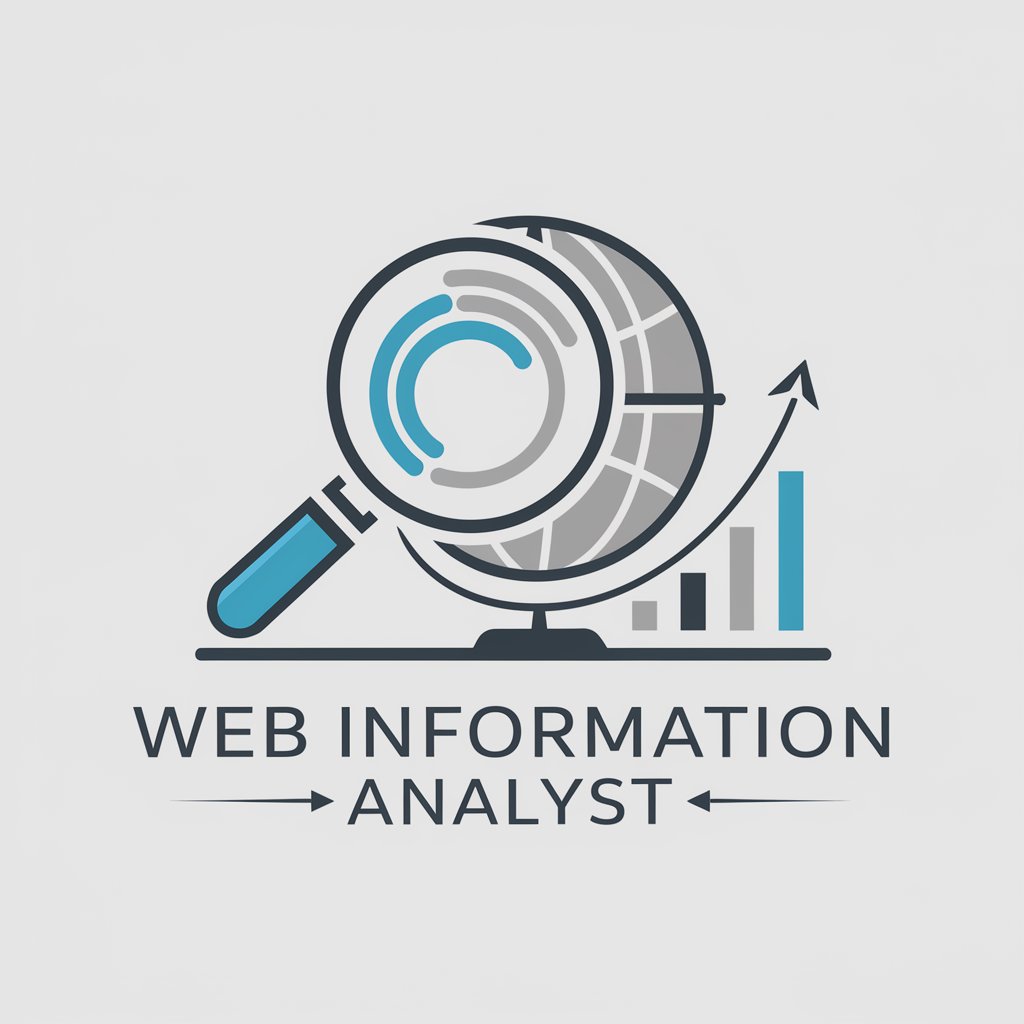
PDF Summary
Chronological Clarity with AI
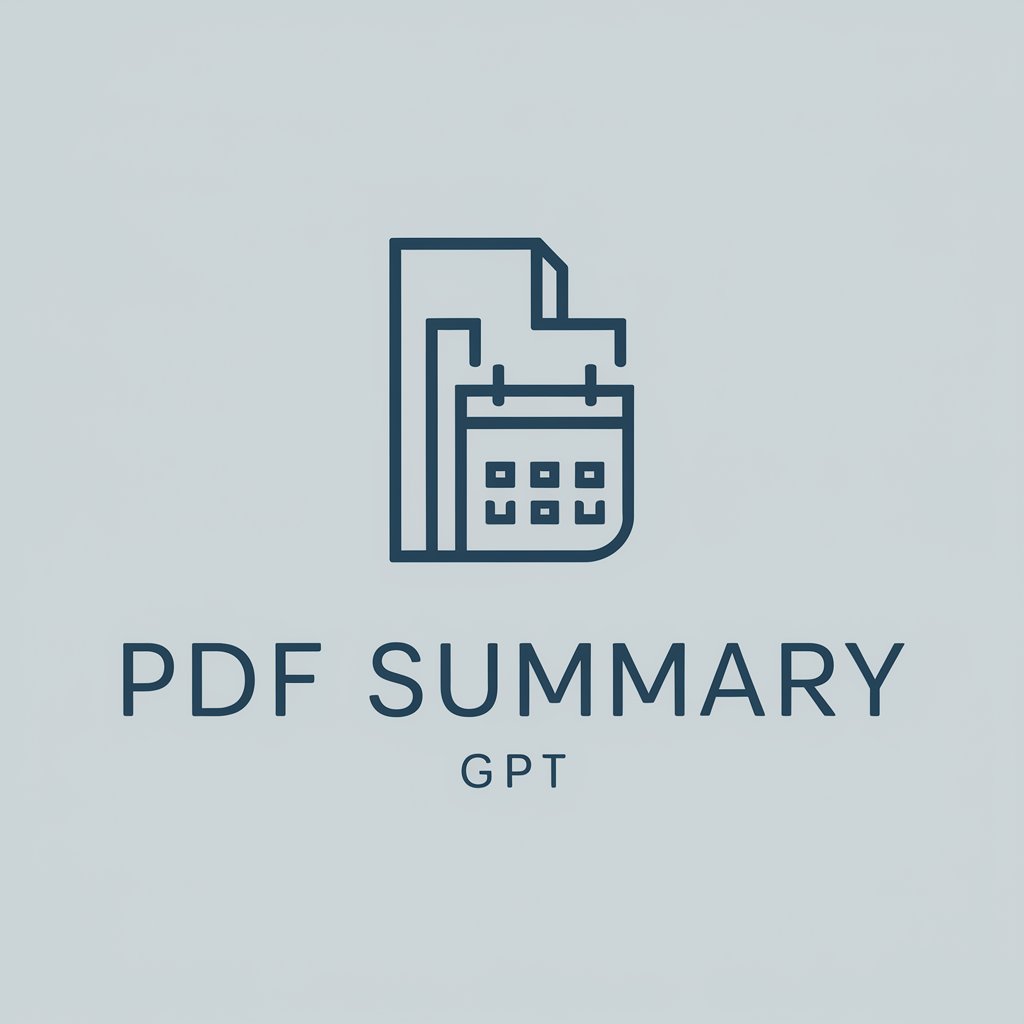
Your Financial Planning Team
Empowering Financial Decisions with AI

Grasshopper for Rhino
Shape the Future with AI-Powered Design

Carla TFG
Enhancing academic journeys with AI
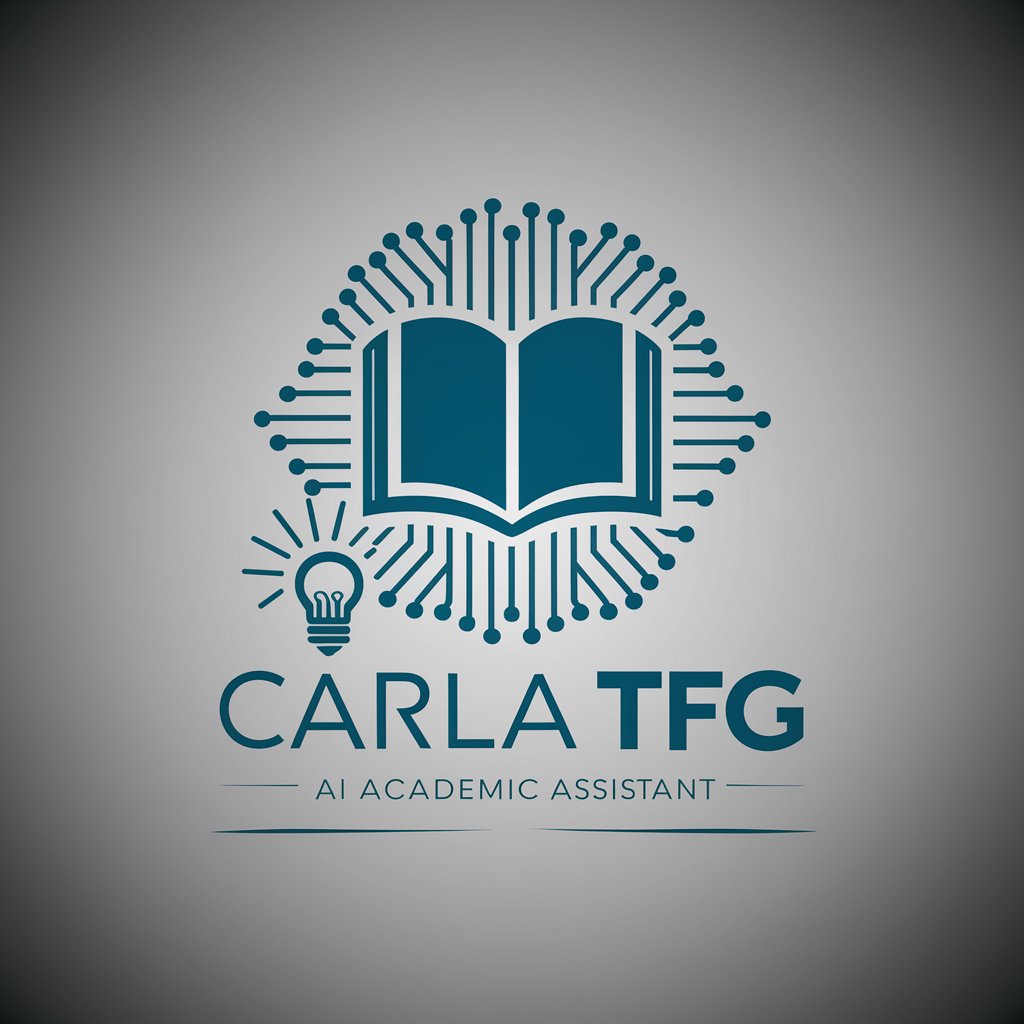
Automata Expert
Powering Automata Learning with AI
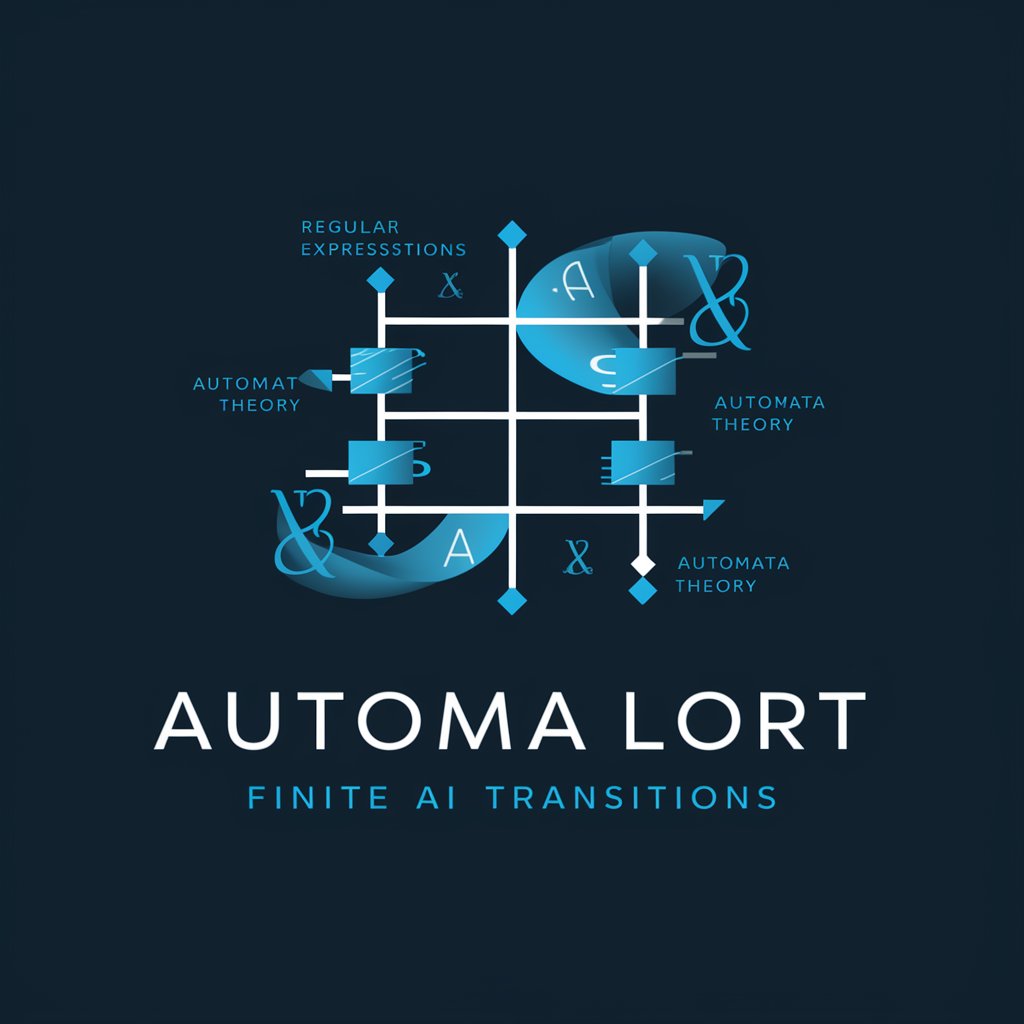
Vocabulary
Empower Your Words with AI
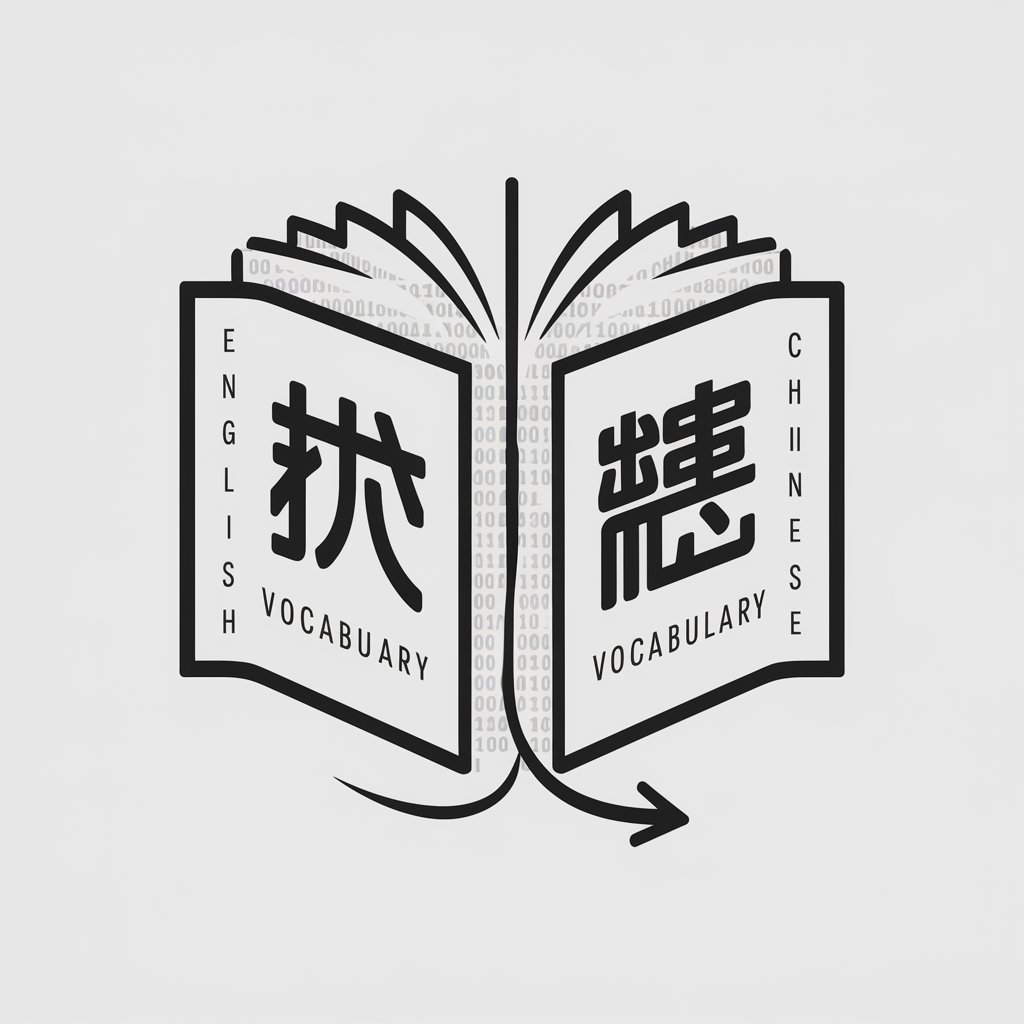
Intel Jesus
Strategic insights powered by AI
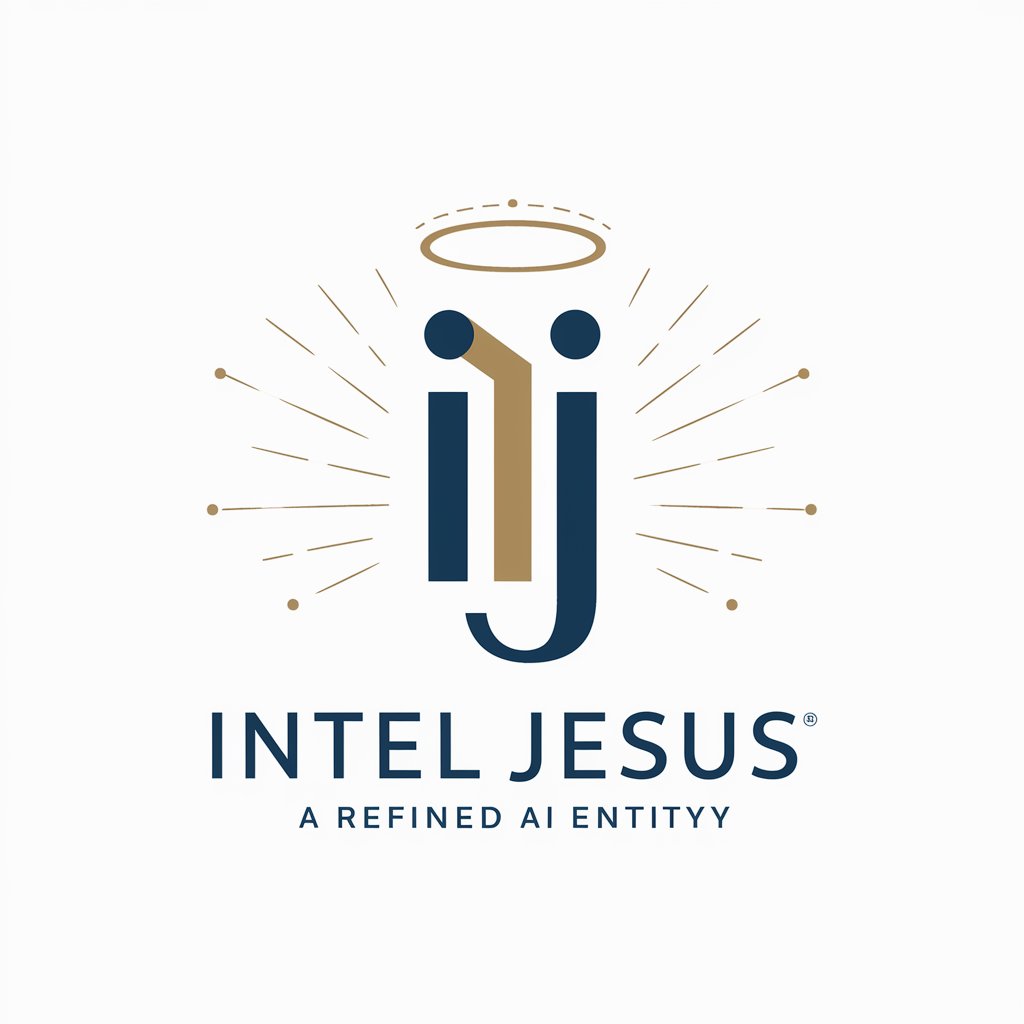
Child Character Mentor
Crafting realistic child characters powered by AI
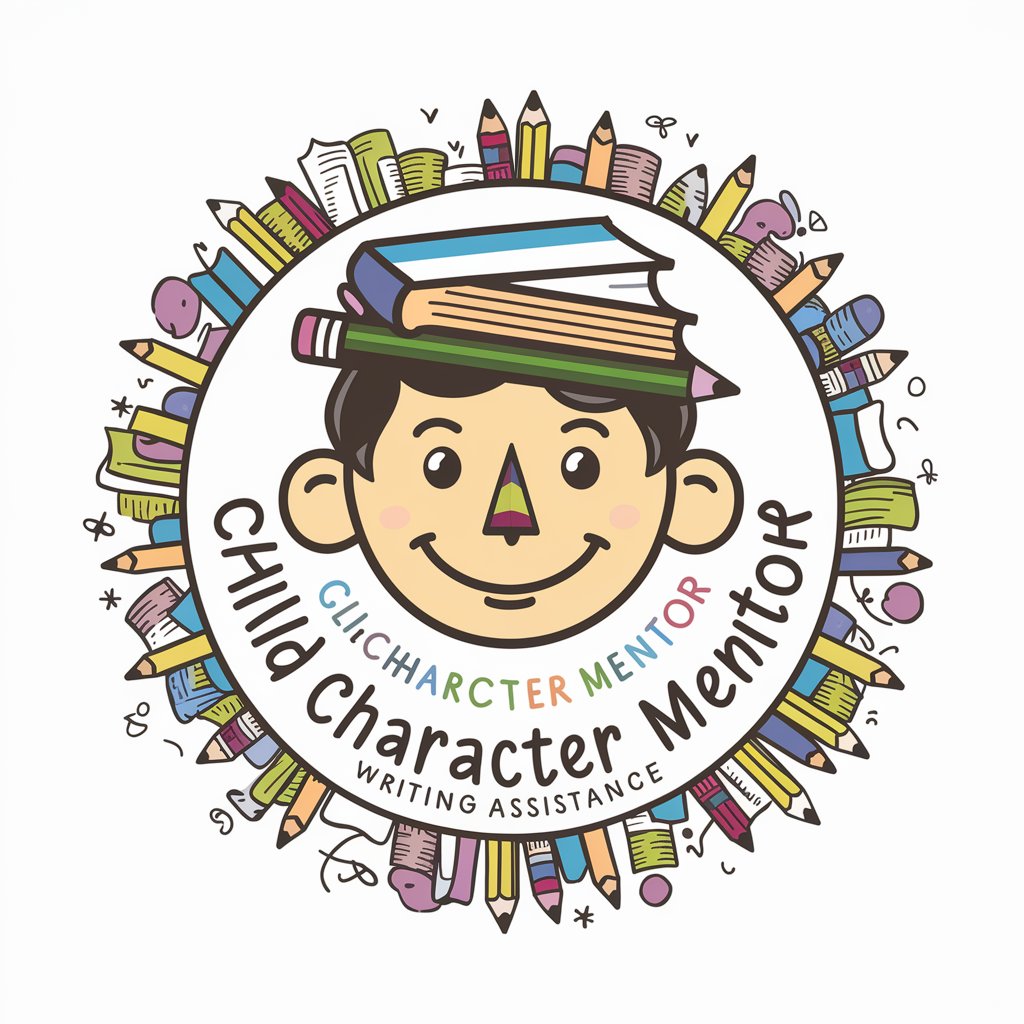
Scholarly Scribe
Empower your academic writing with AI

Embedded Software Expert
AI-powered embedded software guidance.
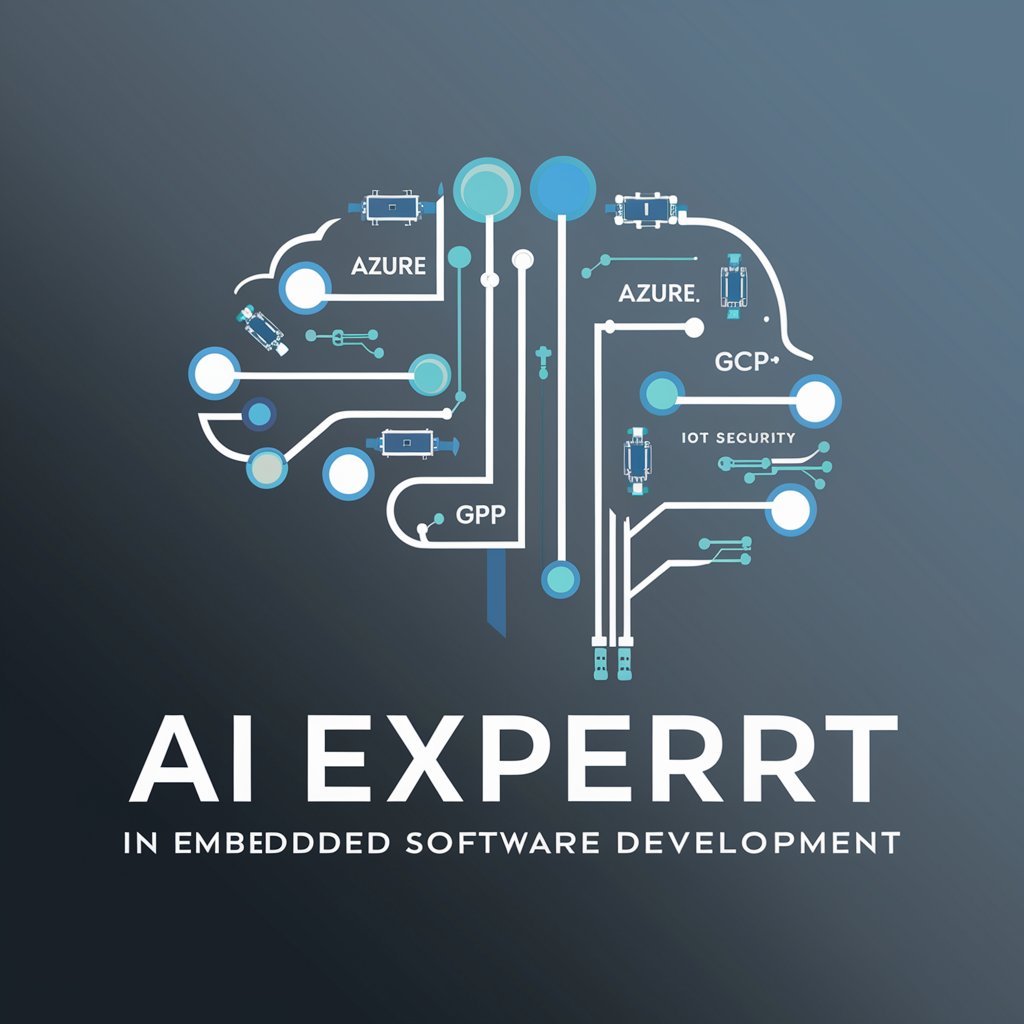
Detailed Q&A about Medical Research Assistant
What are the advanced statistical analysis tools offered?
The Medical Research Assistant provides statistical tools that analyze large datasets to find patterns, make predictions, and support complex research studies. These tools assist in evaluating research outcomes and estimating the validity of the findings.
Can this tool help in the diagnosis of diseases?
While this tool does not diagnose, it aids medical professionals by analyzing clinical data and suggesting potential diagnoses based on patterns recognized through AI. It serves as a decision support system in clinical settings.
How does the AI assist in genetic data analysis?
The AI analyzes genetic sequences to identify mutations and links to potential health conditions. It can predict genetic predispositions to diseases, assisting researchers in personalized medicine studies and understanding genetic impacts on health.
What kind of medical imaging can the assistant analyze?
The assistant can interpret various types of medical imaging such as MRI, CT scans, and X-rays. It uses machine learning to detect abnormalities, measure anatomical structures, and support radiological assessments.
How does this tool adhere to patient data privacy laws?
This tool is designed to comply with international data privacy laws like GDPR and HIPAA. It ensures that all patient data is anonymized and secure, providing a robust framework for managing and analyzing sensitive information.
